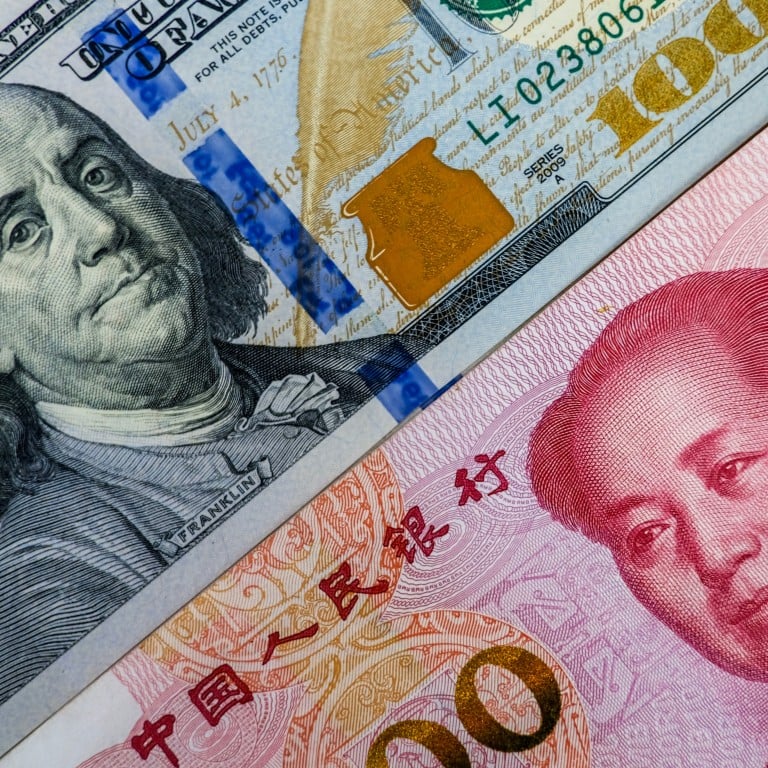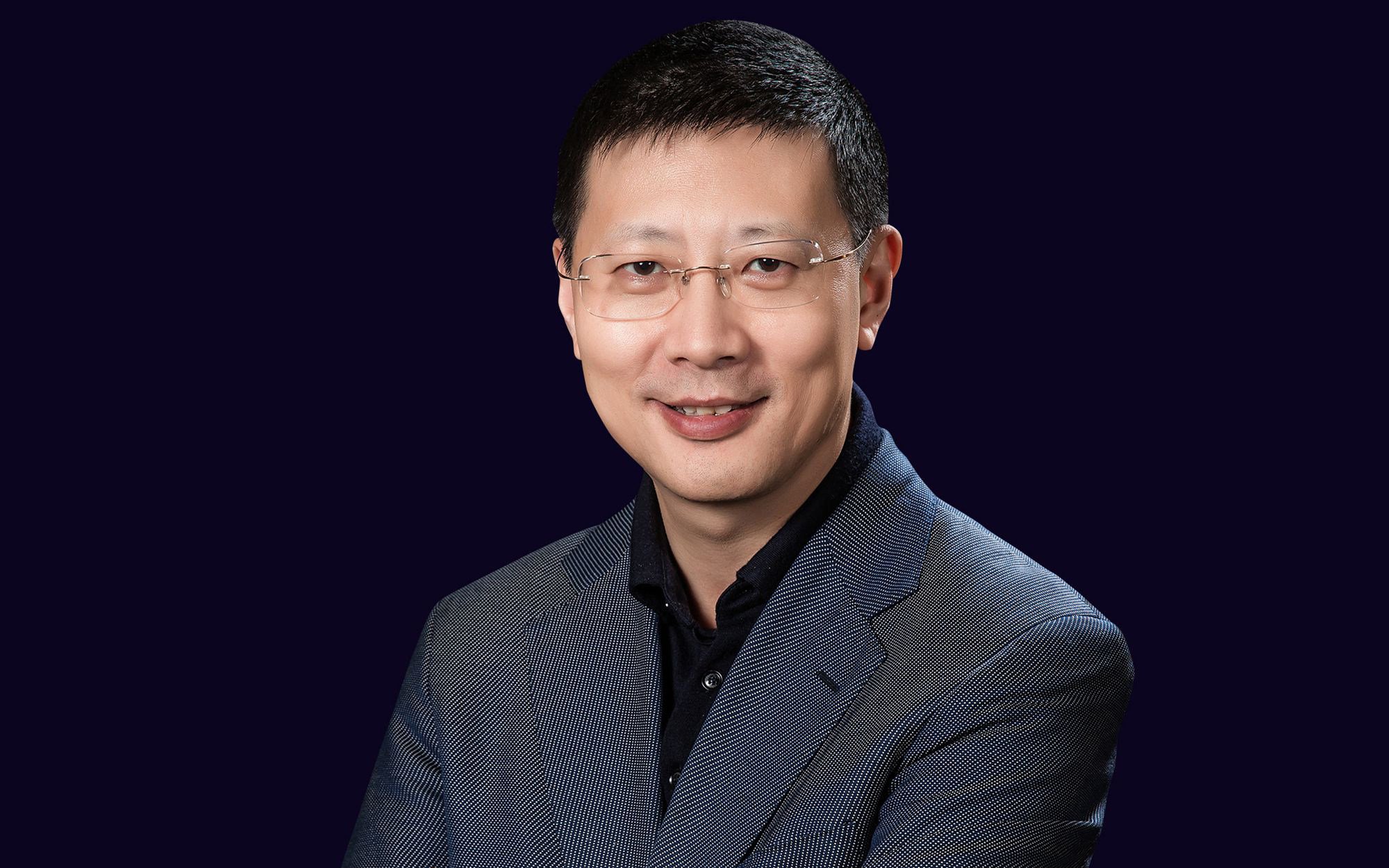
Sequoia China goes solo under HongShan brand, a sign that the bromance between US funds and China tech start-ups is over
- The decision to make Sequoia China a separate entity is a fresh sign of decoupling between the world’s two largest economies
- The advantage of being able to work both sides has become a liability as rivalry between Beijing and Washington has intensified
The separation of Sequoia China, the poster child for the financial bromance between the US and China over the last 18 years, from its US parent is a watershed moment in China’s venture capital industry, as American capitalists divorce themselves from Chinese entrepreneurs, industry insiders said.
Few institutions have played such as an important role as Sequoia China, which was founded by Yale-educated Neil Shen Nanpeng, to connect US funding with China’s tech start-ups, but the rising acrimony between Beijing and Washington has made it hard for intermediaries like Sequoia China to align interests across the Pacific.
The China split is part of a global restructuring by Sequoia Capital, the American venture capital giant based in Menlo Park, California. The Chinese operation has been rebranded as HongShan, while Sequoia’s operations in India and Southeast Asia will be made independent under the name Peak XV Partners.
Sequoia Capital splits into 3 firms amid rising geopolitical tensions
The decision to make Sequoia China a separate entity is a fresh sign of decoupling between the world’s two largest economies, although Sequoia Capital did not mention geopolitical consideration in explaining the move.
Levy Cao, a venture partner at Shanghai-based investment firm Capital O, said the Sequoia China split marks the beginning of the end. “The Chinese venture investment world will probably need to remember this moment, as it signifies that US dollar funds [in China] are poised to bid departure to their good old days in search of new positioning and direction in the country,” he said.
Sequoia China was established in 2005 when the country’s nascent internet industry was crying out for venture capital funding. The firm quickly emerged as China’s No 1 venture capital house, investing in the country’s top internet players, including e-commerce giant Alibaba Group Holding, top food delivery platform Meituan, and the world’s leading drone maker DJI, generating stellar returns for investors.
Alibaba owns the South China Morning Post.
In one famous case, Sequoia China was the sole investor in the 2010 A-round funding of Meituan, providing US$2o million to founder Wang Xing, and helping the platform win a brutal price war in group buying.

Its success gave Sequoia, or HongShan in Chinese, major brand recognition among start-ups in China and investors in the US, making Shen the “go to” figure when it came to US-China deals.
In the US, Shen is a trustee at the Asia Society, an influential non-profit organisation, and was named chairman of the Yale School of Management Board of Advisers in 2021. In China, he was the only representative from the venture capital industry to be appointed to the Chinese People’s Political Consultative Conference, serving in the top political advisory body for the Chinese government from 2018 to 2022.
However, Shen’s advantage of being able to work both sides has become a liability as rivalry between Beijing and Washington has intensified. The Biden administration is considering restricting US investments in China’s hi-tech sectors, from semiconductors to artificial intelligence, while Beijing is increasingly suspicious of US money going into sensitive sectors and its digital infrastructure. In the area of microchips, for instance, the Chinese government considers investment and research in certain projects as national security matters.
A number of Chinese technology companies that received investments from Sequoia China are now on Washington’s radar. Beijing-based ByteDance is struggling to convince US lawmakers that its TikTok short video platform is independent from Chinese Communist Party influence, and drone maker DJI was put on a US sanctions list last year for alleged links to the Chinese military.
In a public letter to Chinese entrepreneurs, Sequoia China’s management team said that a centralised back office operation had become a burden instead of an advantage, making the split necessary. It did not elaborate on what changes would be made in profit-sharing or sources of funding.
Sequoia woos Chinese start-ups with US$1 million funding, ChatGPT insight
The firm, which has invested in nearly 1,000 projects in China, had already developed a local team. The 42 managing directors, partners and senior executives listed on Sequoia China’s website are all Chinese.
Kaidi Gao, an analyst with research firm PitchBook Data, said US venture capital funding for China start-ups is drying up as some of the largest limited partners, such as pension funds, have scaled back their China exposure amid geopolitical tensions.
Aggregate capital raised by Greater China-based venture capital funds fell to US$36.8 billion in 2022, compared to the annual average of US$148.9 billion raised between 2019 and 2021, according to a report by investment data firm Preqin.

